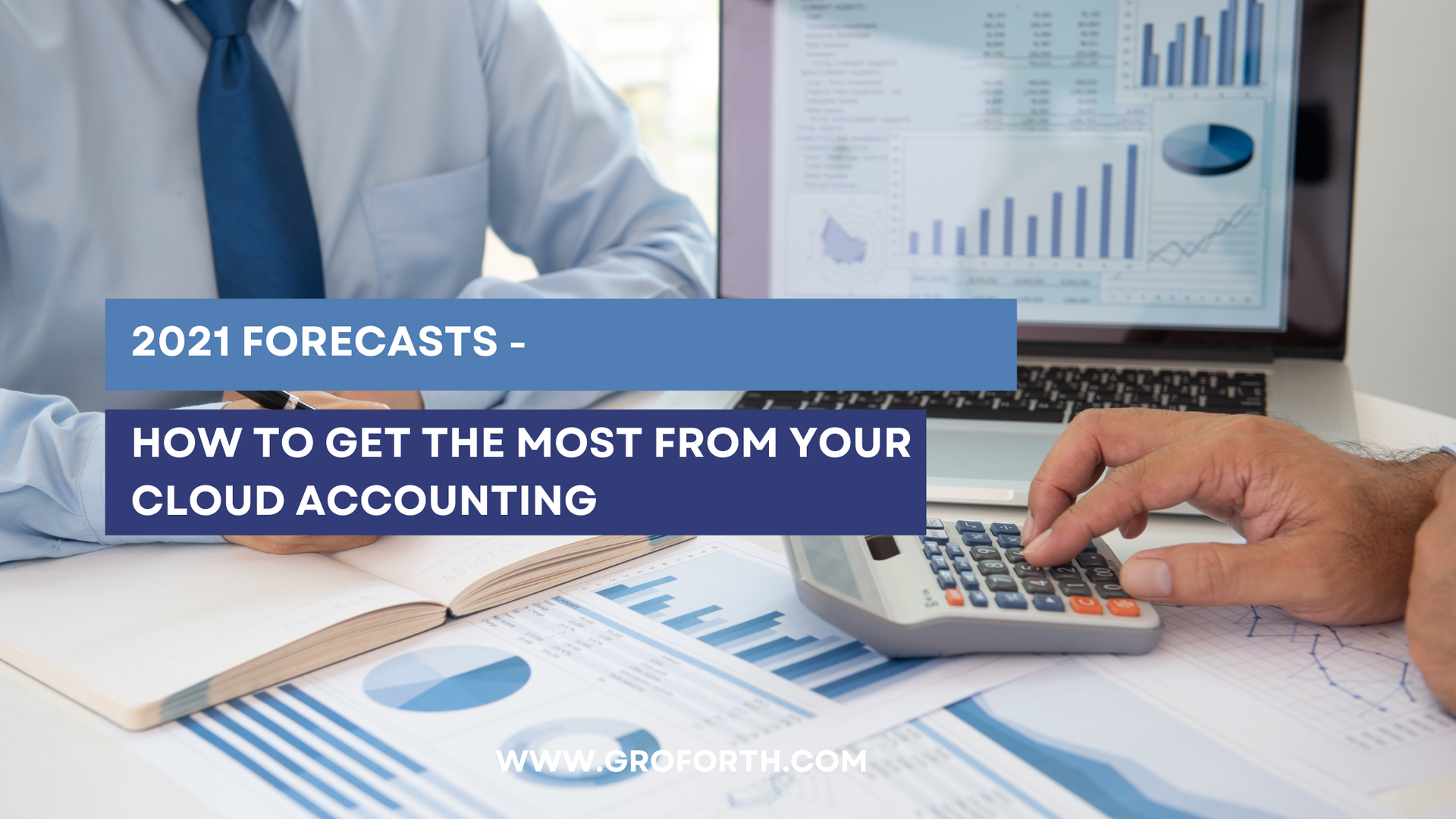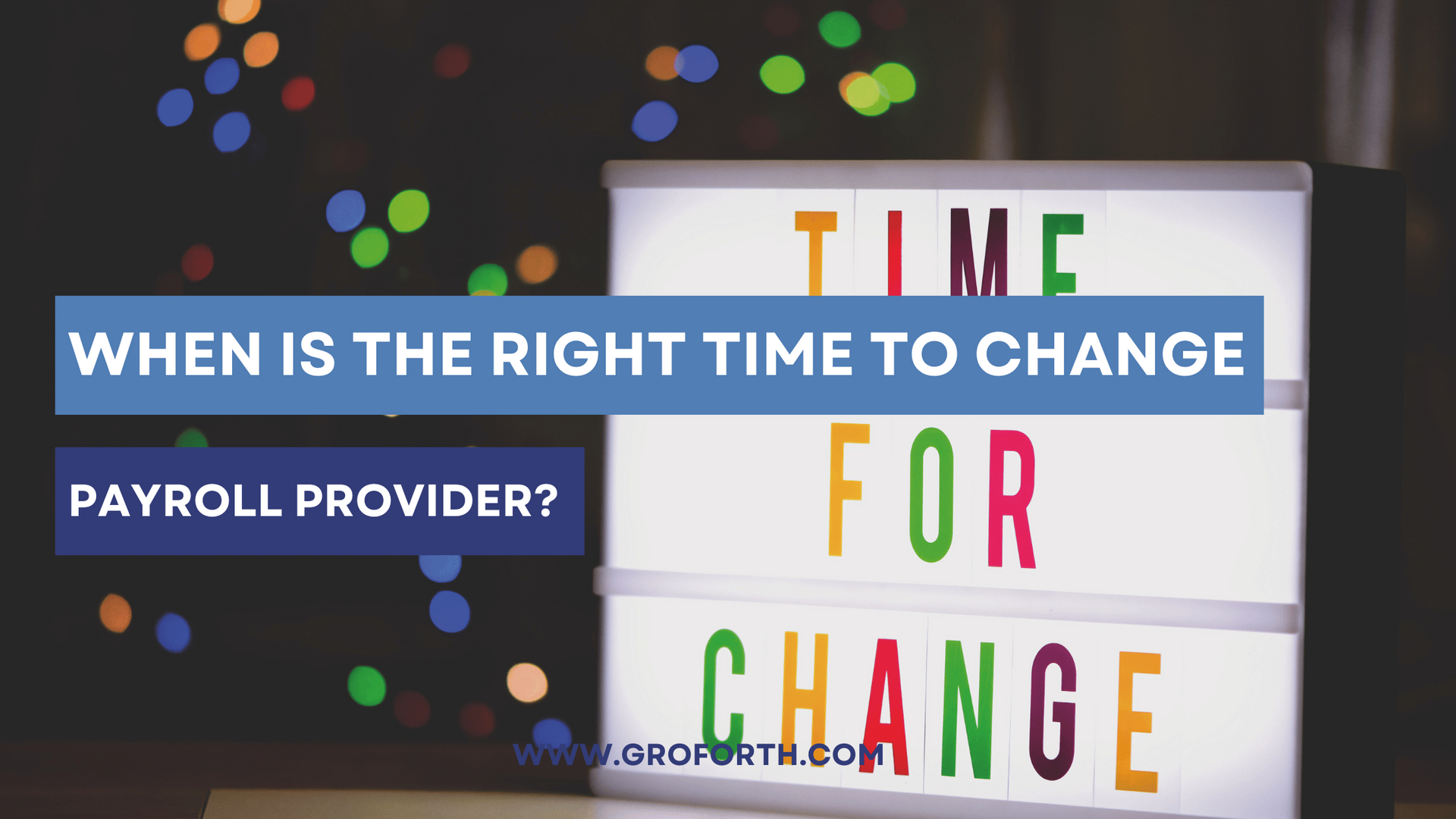2021 Forecasts - How to get the most from your cloud accounting

As businesses and their accountants prepare 2021 forecasts in the coming weeks, accurate management accounts for the last 12 months will be vital, says Sarah Daly.
With the end of the year just weeks away, many of us are preparing and/or updating our 2021 budgets and forecasts. The trading environment has been very difficult for many businesses this year and will make forecasting more difficult than usual. Reliable management information will be vital but businesses will also need to take account of external factors that could affect their profitability in 2021.
What is the difference between financial accounts and management accounts?
The main difference between financial accounting and management accounting is that financial accounting mostly focuses on the information that is needed for your end-of-year financial statements so it is primarily interested in historic information whereas management accounting is forward-looking and is used for business forecasting, cashflow projections and business planning.
How do I create management accounts?
If you use a cloud-based accounting system, it is usually fairly easy to set up management reports to help prepare your budgets and forecasts. The trick is knowing which indicators matter most and understanding how to use them. If you are unsure how to do this, or if you need help to interpret the information and incorporate it into your planning, check out GroForth’s management accounting services.
What if I don’t use a cloud accounting system?
There can be several reasons why you might not use cloud accounting. It could be that your business is at a very early stage and the volume of transactions is low or it could be that you have an established business which has relied on a manual system for many years and is reluctant to change. However, for most business, cloud accounting makes sense because it saves time and is cost-effective.
While I understand that cloud accounting is not for everyone, over the years GroForth has helped many small businesses automate their processes to enhance their decision-making and improve profitability. Every business is different so you need to weigh the pros and cons. If you are interested in finding out more, check out our article on the advantages and disadvantages of cloud accounting.
What kinds of management information should I review?
When generating management reports from your cloud accounting system, one of the first areas to look at is your costs. Check what you spent on things like utilities, rent, rates, and insurance over the last 12 months so that you can budget for these in 2021. Forecasting these costs is usually fairly straightforward however, if you have not done so recently, it is worth considering whether you could obtain better value by switching provider.
For many businesses, salaries will be the biggest cost. While reviewing your spend on salaries last year will provide useful information, it may be difficult to forecast the next 12 months using historical data alone, particularly if you had to let staff go due to the pandemic restrictions. What trends are impacting salaries in your sector? What help is available from Government? Will you need to take on additional staff in the coming months? These are questions to consider. External data sources and/or benchmarking against other businesses in your sector can help to improve your forecasts in this area.
When it comes to income and expenditure, reviewing the data your accounting system provides for the last couple of months will help you work out the impact that the pandemic is having on your business. In sales, for example, your accounting system should enable you to analyse your customer types and profitability which will help you plan where to increase or decrease your focus in 2021. It’s important to analyse this information carefully so that you can learn lessons from it and integrate it into your 2021 budgets and forecasts.
Effective financial controls
When reviewing your budgets and forecasts, take time to check that you have effective financial controls in place so that you can be confident that you are accurately recording your business income and expenditure. If this information is not up to date, you could miss out on opportunities to improve profitability or, worse still, you could fail to spot emerging problems like delayed payments which could signal that a customer is in trouble. Previously on this website, we shared tips on how to set financial controls. If you need help, contact our management accounting team.
What if I can’t afford to pay for help?
The Government provides a wide range of supports for businesses and self employed individuals impacted by the pandemic. These include a COVID-19 Business Financial Planning Grant, worth up to €5,000, which is designed to help companies to develop a robust financial plan. The grant is for Enterprise Ireland clients and those manufacturing or internationally traded services companies that employ 10 or more full time employees.
Information on these supports is available on the Department of Enterprise, Trade & Employment website.
GroForth Blog










